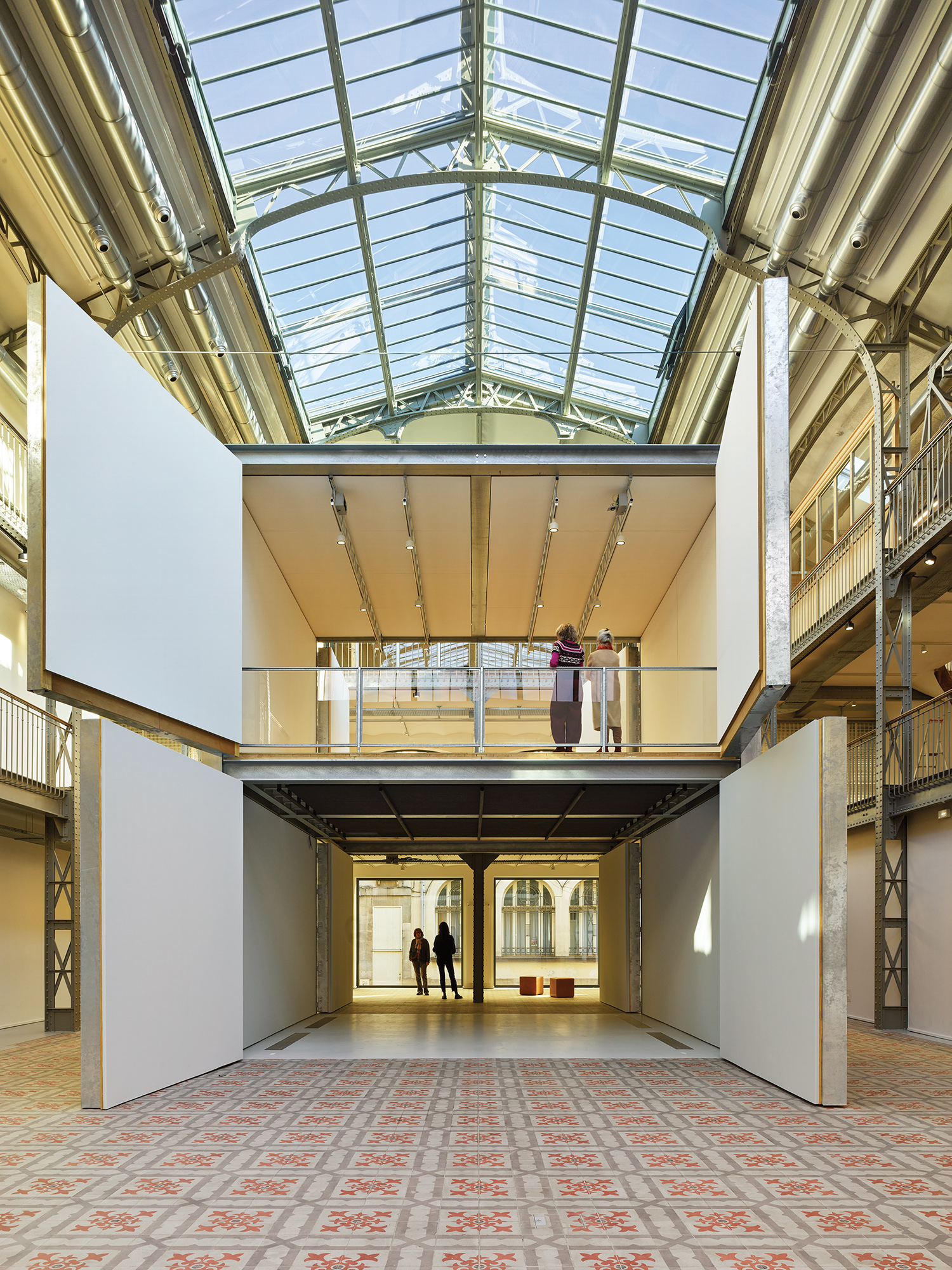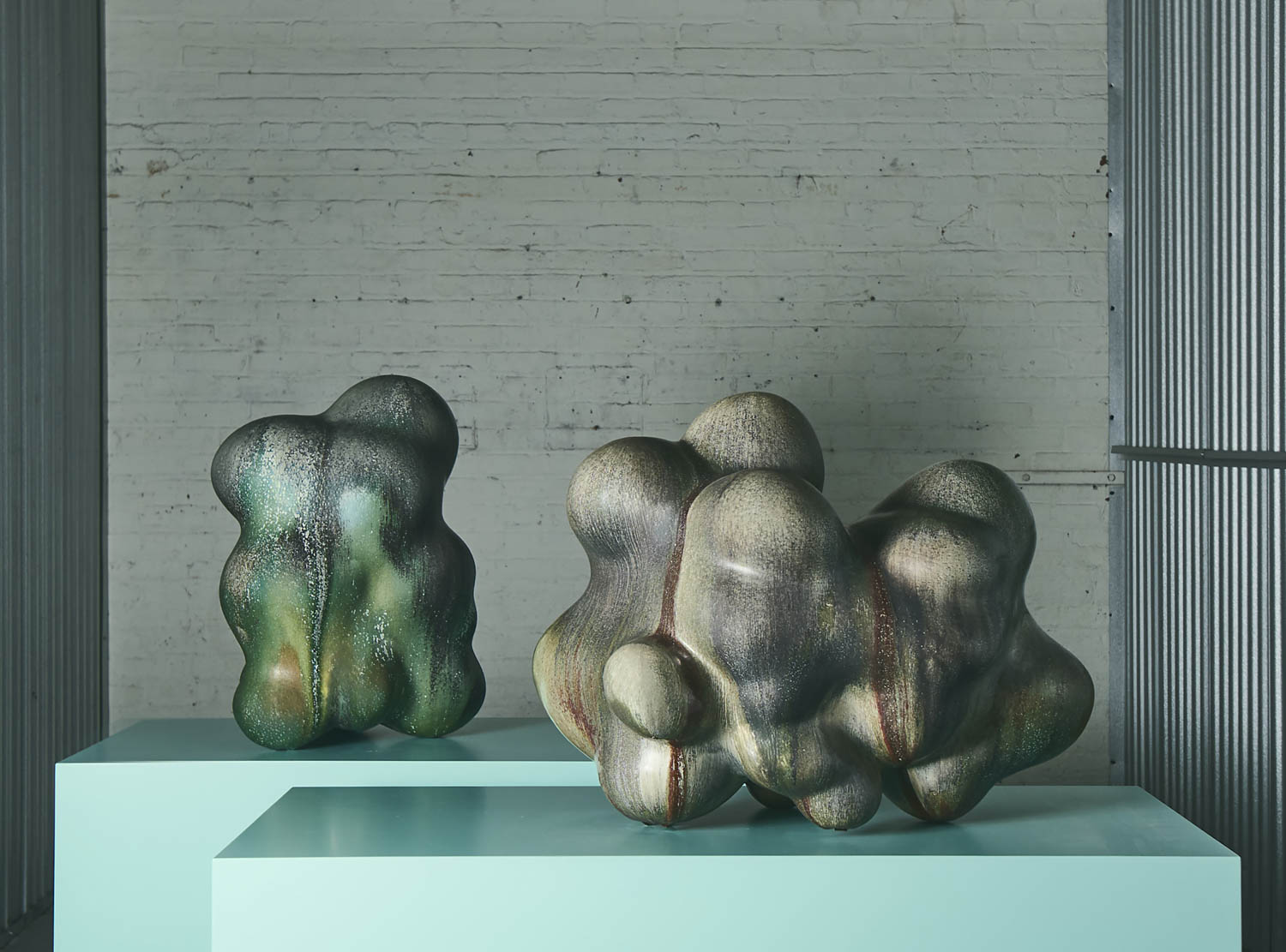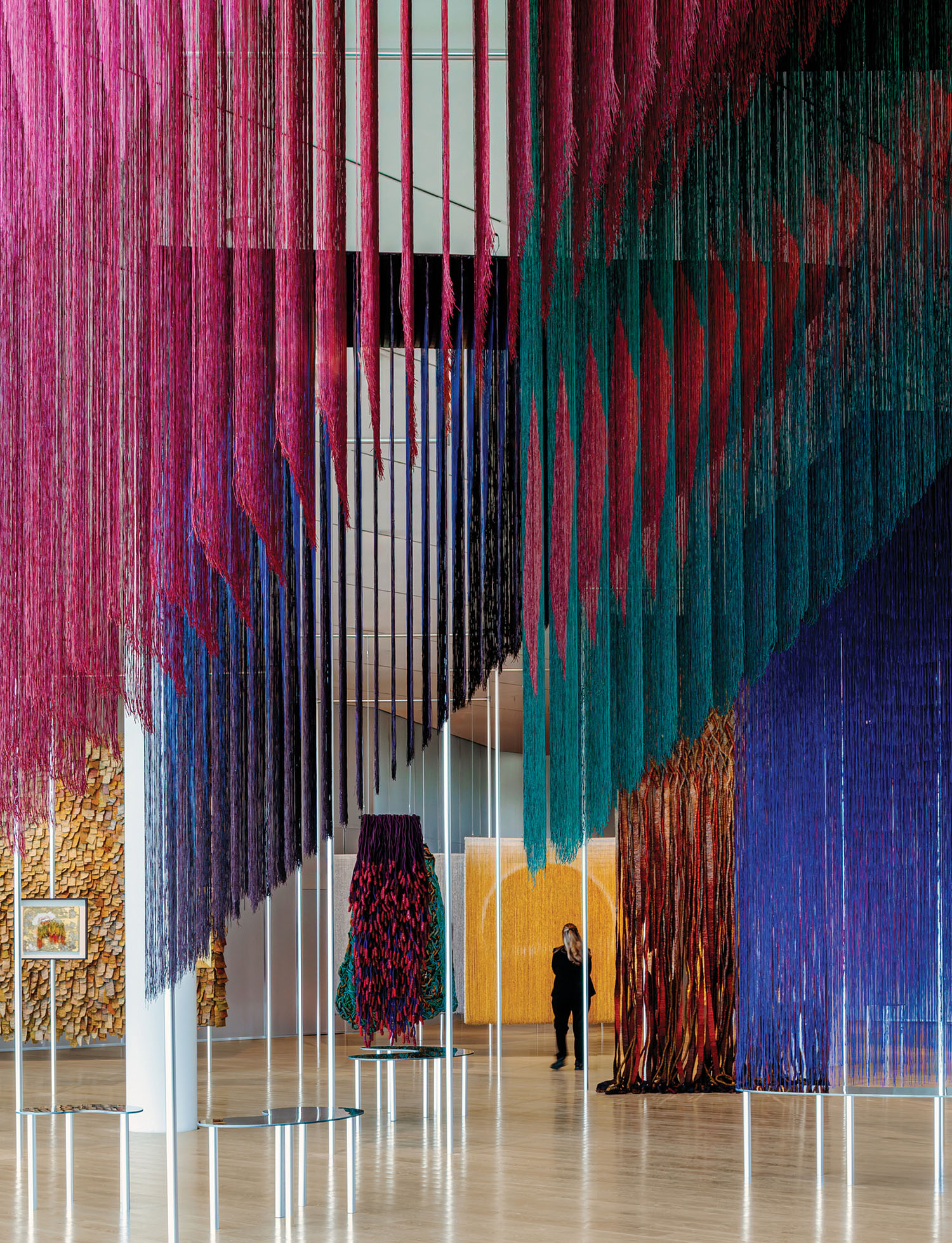Gensler San Francisco Takes Part in Market Street Festival

Market Street, a major commercial stretch running through San Francisco, is considered a focal point of local culture. In recent years, however, desire to revitalize the belt has grown. San Francisco’s Planning Department and Yerba Buena Center for the Art, with a generous grant from the John S. and James L. Knight Foundation, came together to organize the first-ever Market Street Prototyping Festival, in which Gensler’s San Francisco office happily took part. The first of many to come, the festival aimed to gather ideas for ways to improve public experience of the space by making it more interesting, inventive, and inspiring. 50 of the submitted projects were chosen for prototypical construction and display. Some of the prototypes may inform the way Market Street is modernized when the city begins official renovations in 2018.
Gensler SF acted as a mentor to some of the contestants, and also had two of its own prototypes selected for participation in the event.
The first, six temporary instillations called “Exchange Portals”. Designed for ease of duplication and uniformity, these 8-foot-tall structures were made with off-the-shelf painted plywood and standard steel scaffolding, built by Turner Construction. Each featured local art provided by Intersection for the Arts and were splashed with phrases about the city. The aim was to draw from the neighborhoods of San Francisco and embody a perspective of them; chalkboard surfaces allowed passersby to jot down their own point-of-view.
The second venture was “Arena Play”, a hexagonal plywood Ping-Pong table with a 3form acrylic surface, suitable for six-player games. Reflective of the technological innovation the city is known for, Gensler equipped the structure with custom made circuits, LED lighting echoing the ball’s movement by way of motion sensors, and a built-in audio component that playing a made-to-party 80’s soundtrack. True to form, Gensler custom designed clear plastic resin paddles in a matching shape, 3D printed at Autodesk with applied rubber padding.


